it isn’t until 1991 that I begin interviewing the battalion’s veterans in earnest. The prior two reunions I listen to stories and make mental notes about whom I’d like to interview, and then when the ’91 reunion comes around I am initially disappointed because the two veterans I plan to interview aren’t there. Jim Flowers, who lost both of his legs on Hill 122 and received the DSC, the nation’s second highest military award, misses the reunion because of a motorcycle accident. Yes, a motorcycle accident. Jim and his wife, Jeanette, have an Airstream camper behind which they tow his and hers motorcycles. Jim is about 6-foot-1 and Jeanette about 5-foot-2, so the motorcycles differ in size. They put one up for sale and Jim gets on Jeanette’s motorcycle to show the buyer how easy it is to ride. The cycle tips over and one of Jim’s prostheses comes off, and protrudes quite a distance out his pant leg. I can only imagine the look on the potential buyer’s face. But Jim has to have a new prosthesis fitted and misses the reunion. Forrest Dixon, who over the years will be a source of many great stories, has been freshly diagnosed with rectal cancer and misses that reunion as well. I’m disappointed, but fail to realize that even without those two I am still surrounded by veterans with remarkable stories to tell. This point is driven home when I meet Ed Spahr, whom I interview in the hotel lobby. Even though this is my fourth reunion, I still ask pretty generic questions: Were you scared? How was the food? Were you wounded?
He tells me about a young nun in Normandy who gave him a St. Christopher medal, and credits it with helping him survive having five tanks knocked out; about cooking with pots and pans that were so full of grime and exhaust fumes from being carried on the back of the tank that it was a wonder the crew didn’t die of food poisoning; about unloading his machine gun into a German soldier he encountered in a ditch before realizing the soldier was already dead — this in response to me asking if he could recall anything humorous! I ask what the hardest thing he had to do was. He tells me of a time his tank turned a corner and in the distance he saw a horse-drawn anti-tank gun. He gets choked up when he tells me he fired a high-explosive 75-millimeter shell into the horses. It is the second time I have seen a grown man cry, or talk of having cried.
And then Spahr says, “Turn off the tape.” He tells me a story that sears itself into my head. I wonder if I can get another veteran to tell me about the incident on the record. [Eventually I would.]
I ask Spahr if his children are interested in his experiences.
“When they were in fifth or sixth grade,” he says, “my grandchildren would say things occasionally about the war, and ask me about it, and I would just say, ‘Somebody else will tell you about this. You’ll read it in history. What you read in there will be good enough.’ That’s the way I’d answer them.”
It would be presumptuous of me to say that at this point I decide I will be the vehicle in which a small portion of that history will be delivered. I don’t decide that. What I do think is that I have struck a mother lode of stories, stories that run the breadth and width of the human condition, stories that are slowly being taken to a thousand different graves, and I am going to preserve as many of them as I can.
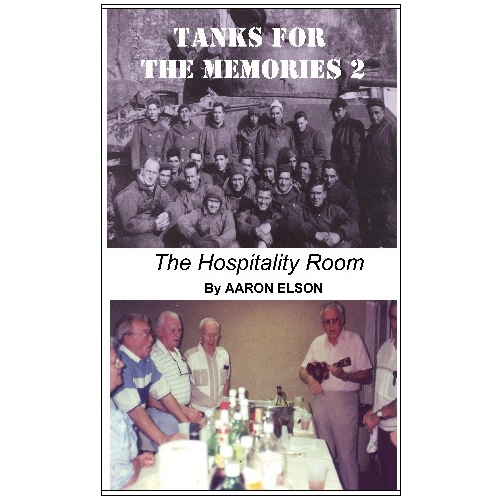
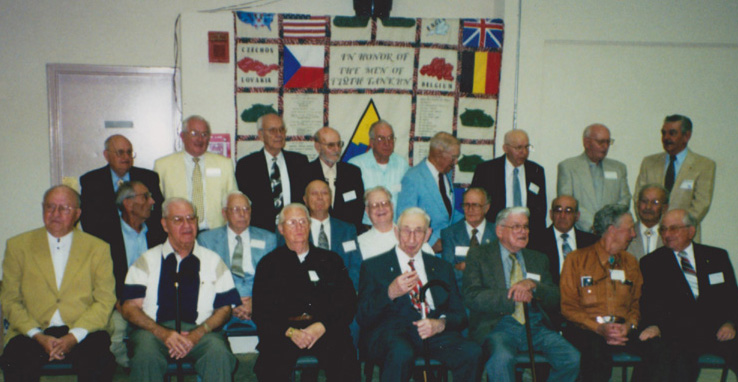
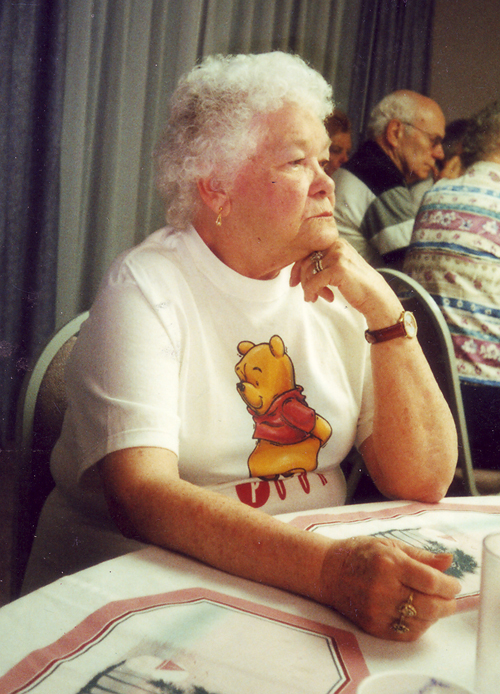
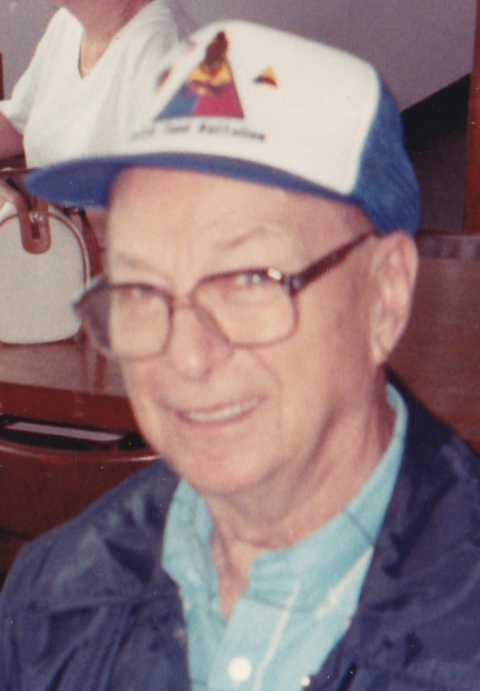
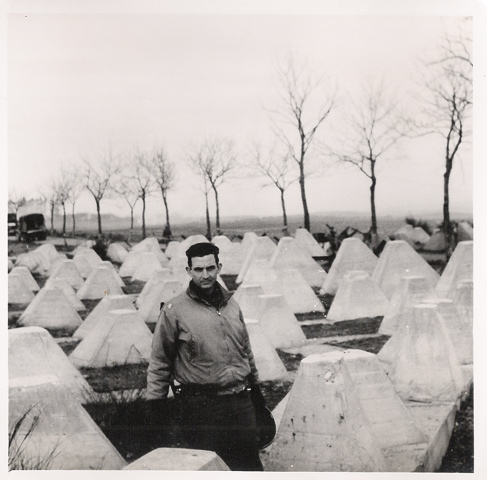
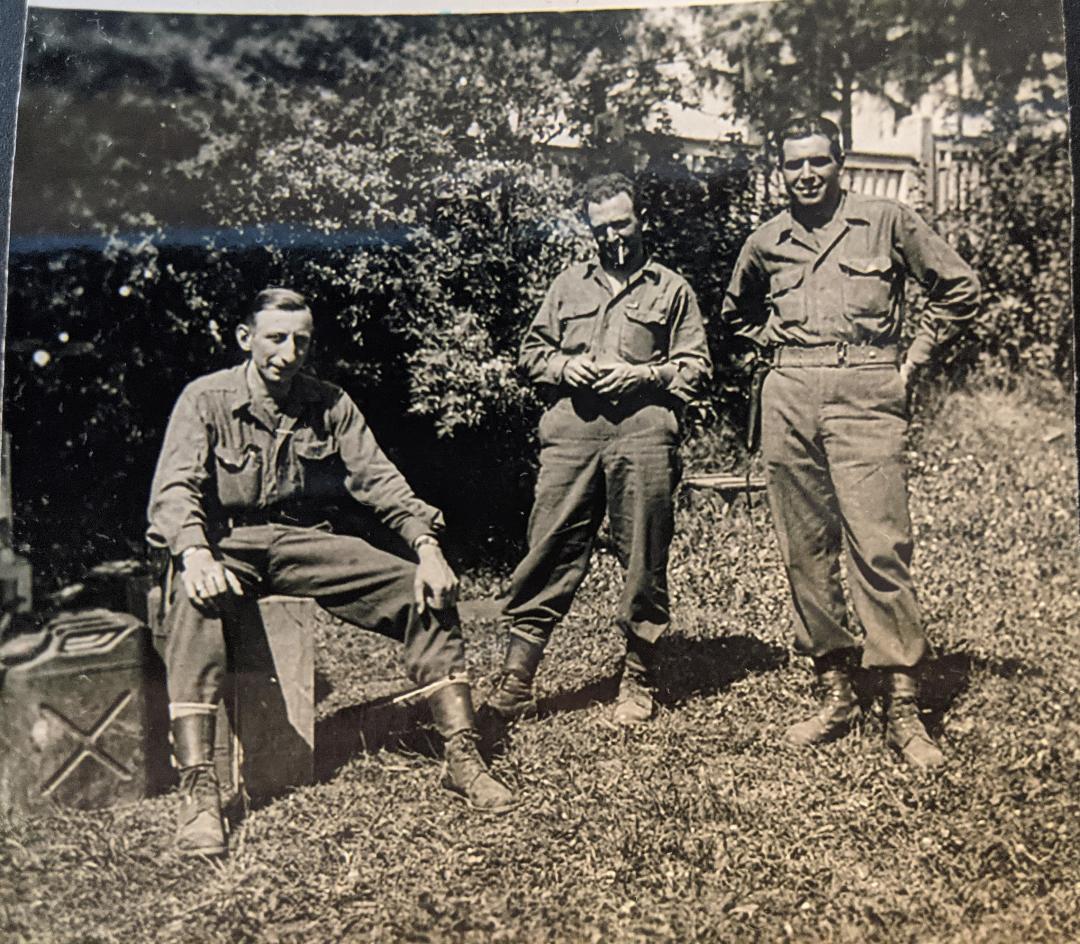
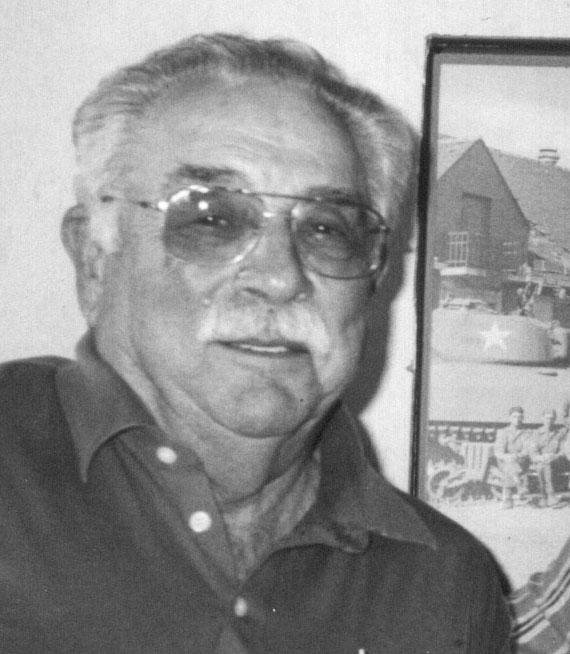

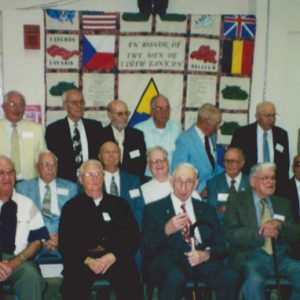
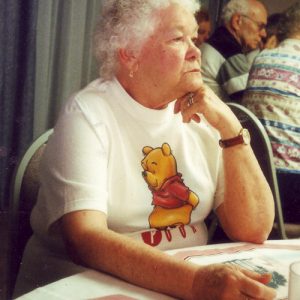
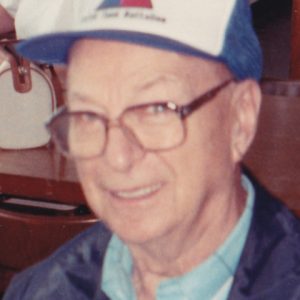
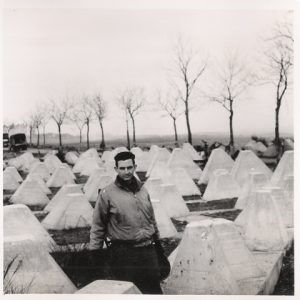
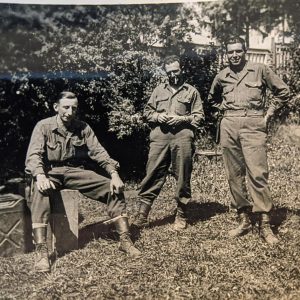
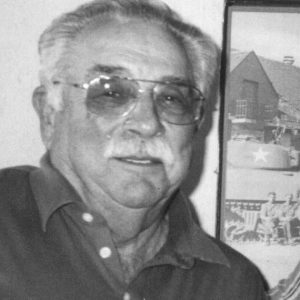


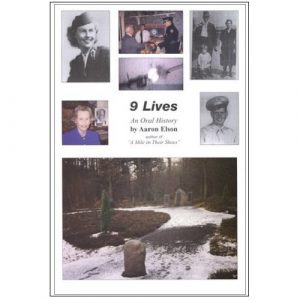

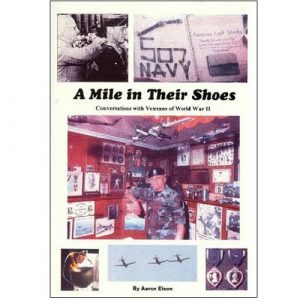
Reviews
There are no reviews yet.